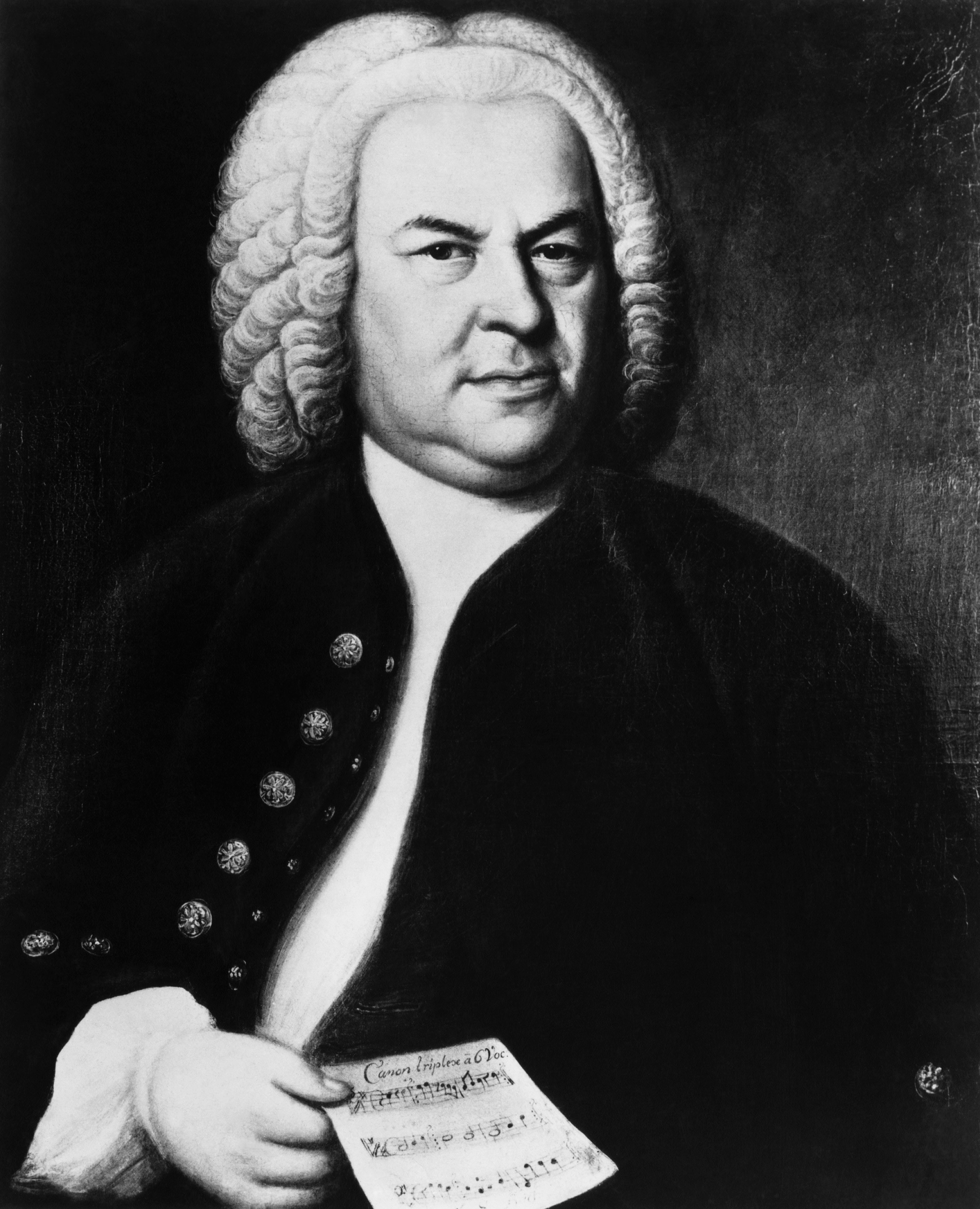Genius is a person who produces original and useful work that leaves a lasting mark on humanity. Today, the term is often used to describe a person of great intelligence. However, genius has been viewed in different ways through history. In ancient times, greatness had spiritual significance, with genius being viewed as a divine quality. The 
The German philosopher Immanuel Kant reflected on the nature of genius in the 1700’s. He argued that a genius uses his or her natural talents to produce something so original and exemplary that it inspires imitation. In the 1900’s, the American psychologists John Watson and B. F. Skinner opposed the notion that genius was an inborn quality. Watson and his fellow behaviorists stressed the importance of the environment in shaping an individual’s talents.
Scientists have used various approaches to study genius. Three important methods are (1) the historiometric approach, (2) the psychometric approach, and the (3) expert performance approach.
The historiometric approach
involves studying the qualities of people over time. The Belgian scholar Adolphe Quetelet published one of the first studies on the subject of genius in 1835. He examined the increase in productivity over time among a sample of eminent English and French playwrights. The English scientist Sir Francis Galton analyzed the obituaries of distinguished European men in the mid-1800’s. He found that eminence (greatness) appeared to run in families. He concluded that genius was primarily inborn.
In the 1920’s, American psychologist Catharine Cox Miles attempted to estimate the intelligence quotient (IQ) of accomplished individuals from history. Intelligence quotient is a number thought to indicate a person’s general level of intelligence compared with other people. Miles found a significant correlation between each person’s estimated IQ and the level of eminence each individual had achieved. Additionally, she found that personality traits also contributed to eminence, and that high persistence could offset lower levels of estimated IQ. Since the 1970’s, American psychologist Dean Keith Simonton has applied the historiometric approach to investigate the cognitive, dispositional, developmental, and sociocultural factors that contribute to genius across different domains.
Psychometric approaches
aim to measure the qualities of genius more directly through psychological testing. The American psychologist Lewis Terman equated genius with intellectual giftedness as measured by IQ tests. Terman selected a group of high-IQ schoolchildren and followed them to adulthood. He found that the subjects in this group were higher achieving, taller, healthier, and more socially adjusted compared to a sample with lower IQ scores. Many scholars have criticized this study for poor sampling and other problems.
Many researchers today distinguish between genius that involves adult achievement and childhood giftedness. Gifted individuals are thought to have extremely high intelligence or exceptional creative ability—or both—in one or more areas. These areas can include art, drama, leadership, mathematics, music, the humanities, and science.
The expert performance approach
was pioneered by Swedish psychologist K. Anders Ericsson and his colleagues in the 1990’s. This approach suggests that genius can be attained through deliberate learning and practice. It involves identifying skills necessary to excel at a particular task and focusing learning activities to develop those specific skills. The development of such skills is not thought to be influenced by innate talent.
For example, one study of expert chess players found that it takes about 10 years to acquire expertise in the game. Researchers have also identified necessary skills for expertise in medicine, music, art, math, sports, and writing. The expert performance approach emphasizes deliberate practice to develop skills. In this model, a person becomes a genius by learning from feedback provided by teachers and by striving to push beyond his or her limitations to master a skill.
